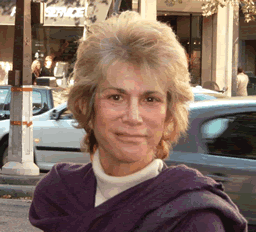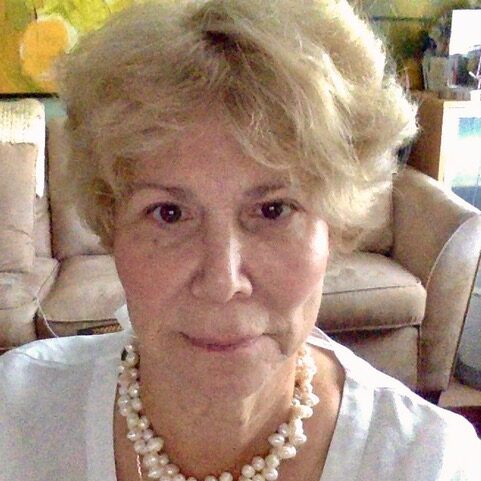The French Expect You to Try
- SUBSCRIBE
- ALREADY SUBSCRIBED?
BECOME A BONJOUR PARIS MEMBER
Gain full access to our collection of over 5,000 articles and bring the City of Light into your life. Just 80 USD per year.
Find out why you should become a member here.
Sign in
Fill in your credentials below.
 You’ve probably heard you’ll get better service, maybe even a smile, if you speak French in France. The French expect you to try. That is because they are French and have high expectations. They appreciate your saying Bonjour and Merci, and don’t think your yelling in English makes you any more comprehensible. Bonjour Paris readers know this, but they also know the French still expect more.
You’ve probably heard you’ll get better service, maybe even a smile, if you speak French in France. The French expect you to try. That is because they are French and have high expectations. They appreciate your saying Bonjour and Merci, and don’t think your yelling in English makes you any more comprehensible. Bonjour Paris readers know this, but they also know the French still expect more.
Finns and Chinese, for example, have lower expectations—no, let’s make that more realistic expectations. They know most people can speak their own native language well enough, but have trouble with a second, let alone a third. And if you absolutely have to learn another language, which one are you going to try? Not, hélas, French.
Ask a taxi driver. The drivers from Poland, Nigeria, and Bangladesh need a common language to understand each other and their customers, so they speak English. But so do the tourists, the diplomats, and the businessmen from Poland, Nigeria, and Bangladesh—and they speak English, too. This is not the result of an American or British plot. It’s another wave of history.
Ever since the Tower of Babel, humans have been trying to make sense of what others are saying to them. It’s never been easy, but one of the ways of dealing with too many languages is to take one and say this is the one you better learn. The Mediterranean world spoke Greek for the very simple reason that Alexander the Great conquered them all and spoke Greek himself. After the rise of Rome, Latin became the West’s lingua franca, again for military reasons, then hung on for centuries because it was the language of the Church and of learning.
Mathematicians and philosophers wanted to share ideas, so they learned Latin. That was then. Today, mathematicians — like cab drivers, diplomats, and waiters — want to be able to talk to anyone because talk is how we all make our way and make our living. And the way we are doing this is in English.
Again, not a sinister Anglo-Saxon plot. From the earliest days of flight, English has been the international language of aviation, maybe because Brits and Yanks were dominant, but also for another good reason. When you’re flying around the sky, you don’t have time to reach for a dictionary. Before you take off, you better agree to have one language, and that language continues to be English.
The same is true of the Internet, maybe because it was first invented in the United States, but also because all of its protocols and signals need to understand one another. And that is also why English has become the international language of business. Jacques Chirac stormed out of a meeting when the speaker, a prominent French businessman, gave his speech in English. Why are you doing this? asked Chirac. Because I want everyone to understand me, was the answer.
I don’t know if this is fair or right, but I do know it is the way it is. And I am very glad that the French are beginning to have more realistic expectations. All the French who are now entering the hospitality trades are required to study English—not to accommodate the boring Americans or Brits, but to do business with anyone who wants to visit France and enjoy her cuisine, culture, business, and sundry, wonderful glories.
I do not think the French have surrendered. After all, they will never stop speaking French, volubly and abundantly. And, you know, they way they treat (or should I say love?) their own language may have the effect of inspiring all the foreigners who come to France to take a crack at the language of Corneille, Flaubert, and Camus. That would be lovely. Meanwhile, visitors and ex-pats from all over can look forward to understanding and being understood when they order a meal or take a cab.
And, who knows? Perhaps the service will come with a smile.
© Paris New Media, LLC
[email protected]




